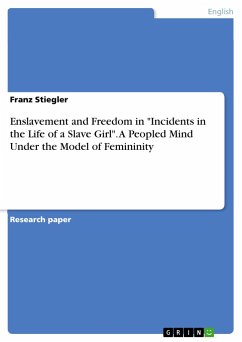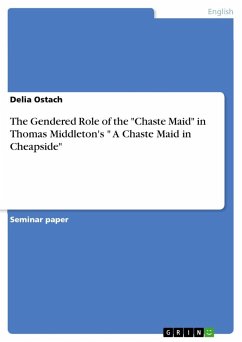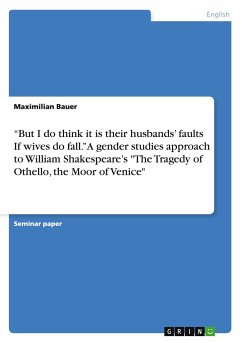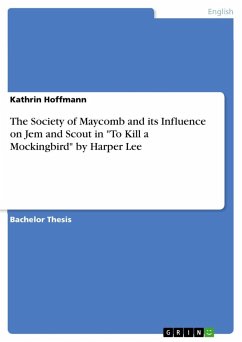Seminar paper from the year 2015 in the subject English Language and Literature Studies - Literature, grade: 2.3, University of Bonn (Institut für Anglistik, Amerikanistik und Keltologie), course: The Renaissance in England, language: English, abstract: If love is not the main issue in "The Maid's Tragedy", is the play a sex tragedy rather than a love tragedy? How important is sex for the story and is it connected with love in any way? This paper is supposed to answer exactly these questions with a strong focus on the meaning of sex and sexual relationships for the plot and for single characters, who have an important role. Furthermore, it will be analysed how sex is depicted in the play and what this tells about its role."The Maid's Tragedy", written by Francis Beaumont and John Fletcher and published for the first time in 1619, is one of the plays that is often called a love tragedy due to the fate of the lady Aspatia, who is about to marry young Amintor, before the king forcesAmintor to marry his own mistress, Evadne, to cover their sexual affair. Having such a plot, "The Maid's Tragedy" is a typical one for Jacobean theatre, which is explained by Marie Axton, quoted by Kristin Bezio stating "the playhouses of late Elizabethan and Jacobean London were a 'freer' place for political discussion than court or Parliament, and this drama actively participates in the ongoing Jacobean debates about the viability of tyrannicide." This idea puts the king's acting into the play's focus, rather than the love between Aspatia and Amintor and their tragedy. Given this idea, one might ask if the play can really be called a love tragedy, or if the love story is just a subplot or a frame around the actually important issue: the sexual relationship between the king and his mistress and all its consequences that, by chance, are also consequences for the two lovers.








